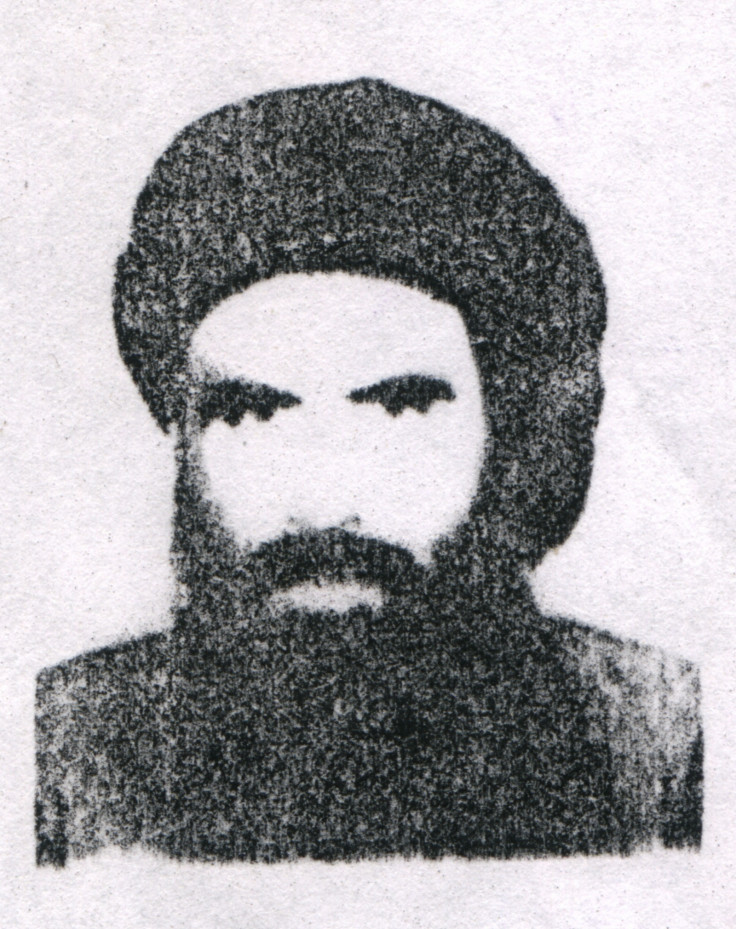Afghanistan: Who is new Taliban leader Mullah Akhtar Mansour?

Mullah Akhtar Mohammad Mansour held the rather underwhelming title of minister of civil aviation under the Taliban when it ruled Afghanistan from 1996 until the US-led invasion in 2001.
A deputy leader under the charismatic and elusive Mullah Omar, Mullah Mansour is a stable choice for the Taliban as it looks to the future without its one-eyed founder, who was confirmed dead on Thursday 30 July.
Mullah Mansour is believed to be in his forties and from southern Afghanistan near Kandahar, where Mullah Omar first started the Taliban in the anarchic years that followed the pull-out of the Soviet Union after a grisly decade of fighting with the mujahideen. Like Omar, not a lot is known about Mansour and there are no confirmed pictures of him.
But his presence in the Taliban hierarchy and in the Quetta Shura, the council based in the lawless border regions of Pakistan and Afghanistan that now heads the Taliban, is well known. He has been the author of a number of statements issued in the terrorist group's name, including recent message addressed to Islamic State (Isis) leader and self-declared caliph Abu Bakr al-Baghdadi.
"The Islamic Emirate [Taliban] does not consider the multiplicity of jihadi ranks beneficial either for jihad or for Muslims. Your decisions taken from a distance will result in [the IS] losing support of religious scholars, mujahideen... and in order to defend its achievements the Islamic Emirate [the Taliban] will be forced to react," said the letter, signed by Mullah Mansour.
'Backing of many of the Taliban'
The New York Times reported in 2010 that Mullah Mansour had been appointed deputy to Mullah Omar and had begun to strengthen his position in the movement by positioning his allies in key positions within the movement. In the same article, Mullah Mansour was described as "a pragmatist [who] appears to have the backing of many of the Taliban".
The international community and particularly the government of Mohammad Ashraf Ghani, the Afghanistan president, will hope Mullah Mansour has both. Ghani has opened talks with the Taliban, an issue that has been extremely divisive within the movement.
Mansour is believed to favour peace – hence his reputation as a pragmatist – but he will now need to convince the sceptics. The last time Mansour was linked with peace talks, the affair ended in farce, when it emerged the man claiming to be the deputy Taliban leader was in fact an imposter, who made off with a significant amount of money and was never seen again.
Since 2010, it has been Mullah Mansour and another prominent figure, Abdul Qayum Zakir, who have personally supervised Taliban contacts with US and European officials, which led to the opening of a Taliban office in Doha, Qatar, in 2013, according to research by the Washington Foundation. It claimed Mansour and Zakir were rivals but their competition now seemed to be contained.
But while Mullah Mansour may be a pragmatist and an established Taliban figure, he lacks the mystique and indeed the legend of Mullah Omar, who managed to hold together a disparate movement for 13 years during which he was never seen and even Taliban officials questioned whether he was alive or dead.
Holding the Taliban together as it turns its back on two decades of violence and potentially strikes a deal with the Afghan government will be an enormous challenge, not least at a time when IS is taking violent insurgency and terrorism to whole new levels of brutality.
© Copyright IBTimes 2025. All rights reserved.






















